
Muons
Image
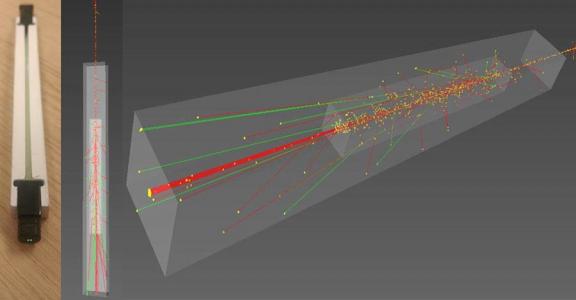
We produced a cheap and simple detector for cosmic rays, based on the Raspberry Pi computer platform. The detector is based on a plastic scintillator and Silicon photomultiplier tube combination, connected to a custom PCB combining all the necessary electronics functions (power supply, input stage, amplification, pulse shaping, trigger and an analogue digital converter), with a software stack capable of storing and analysing the collected data. We came up with a detector design which makes the collection, measurement and analysis of cosmic rays accessible and affordable to students, educators and science enthusiasts worldwide.
Results
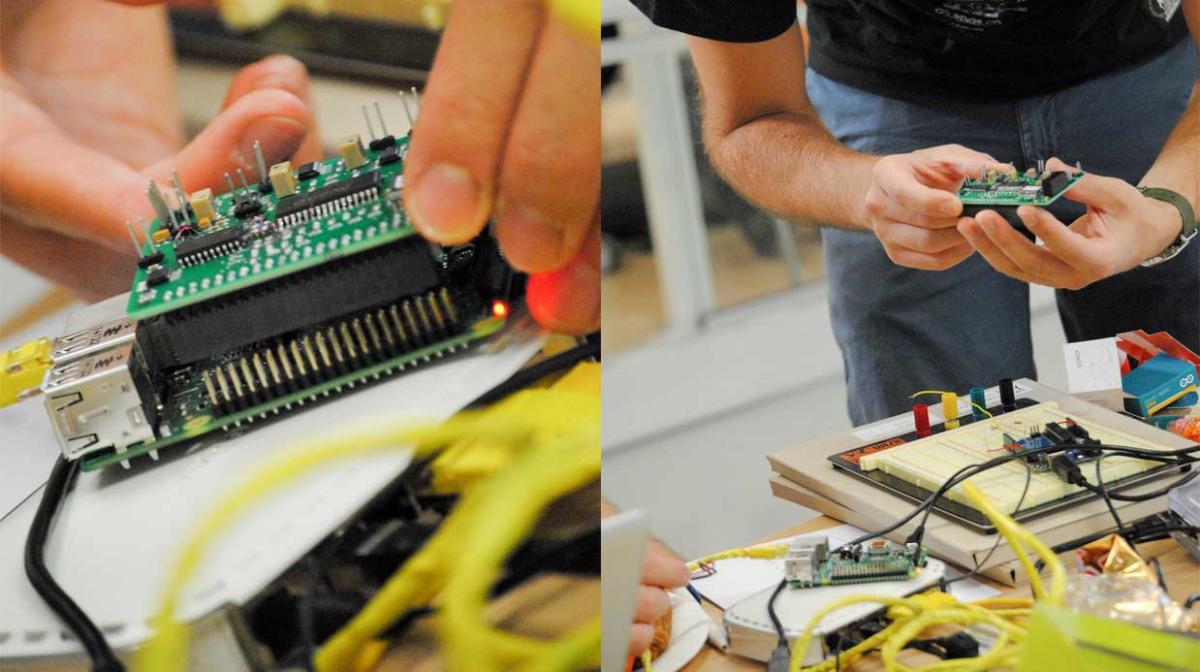
Assembly and testing of the Muon detector custom electronics board on a single board PC 
Distributions of energy deposit, number of photons and electrons, as well as analogue digital converter (ADC) counts in the detector from simulated data. 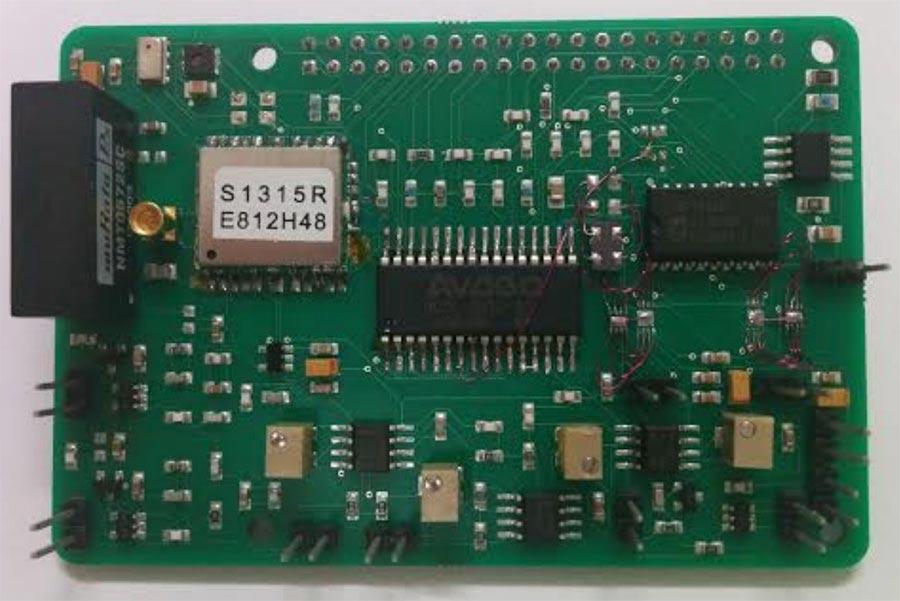
Raspberry Pi Hat loaded with surface mounted devices (SMD) during the hackathon. 
Signals generated by the cosmic ray detector shown on an oscilloscope as part of the live demo in the Pier-X1 container. 
Layout of the printed circuit board designed by the PierX1 team in the preparation phase. 
Simulation of a cosmic muon hitting the scintillator detector with semiconductor photo multiplier readout (see left) produced during the hackathon.
Impressions
Image
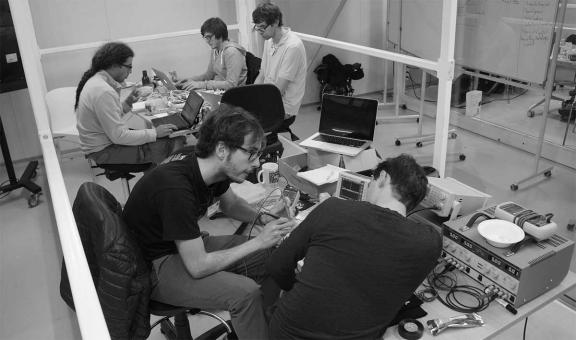
Project Team


Etam Noah

Hugo Day

James Devine

Justin Salmon
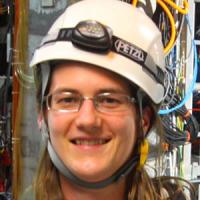
Laurel Coffey
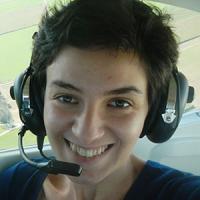
Leïla Haegel

Martin Hellmich
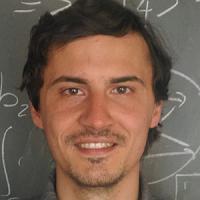
Ruslan Asfandiyarov
Resources
Muons
Image

Team
pier-x1